JOINT BASE BALAD, Iraq - Night vision devices with a combined price tag of nearly $59,000. Saddle assembly gun mounts valued at more than $22,000. Armor for the Bradley Fighting Vehicle totaling approximately $10,000. No, this isn't the list of the most recent Department of Defense budget request - it's some of the latest discoveries in the trash here. Each month, service members and civilian contractors here throw away hundreds of items that should be turned into the Defense Reutilization and Marketing Office, the agency responsible for the disposal of excess government property. Many of these items can be reissued to other units or organizations that need them. "We at DRMO are the last line of defense when helping units practice good stewardship," said John D. Abbey, the chief of the DRMO site at JBB. Established in 1972, the DRMO - then known as the Defense Property Disposal Service - was designed to consolidate the disposal of excess property from the different branches of the military. Today, the DRMO also serves as a means for the DoD to save money by reissuing personal government property instead of buying it new. In the fiscal year 2008, DRMO reported saving the DoD approximately $2.2 billion. "Nearly all the things turned into us are usable or have usable parts or components on them," Abbey said. "For some things, we are an excellent source of supply." To turn in government property at DRMO, military units or other organizations must have a valid Department of Defense Activity Address Code, or DoDAAC, which is a six-position code that identifies a unit, activity or organization. They must also bring in any necessary certifications and have a valid DD Form 1348-1A, the form that accompanies all property being turned in. In addition to JBB, DRMO yards are located at three other camps in Iraq - Contingency Operating Base Speicher, Al Asad Air Base and Victory Base Complex. Although much of the government property thrown away here is sorted by contractors and turned into DRMO, throwing away such items can be considered waste and abuse of government property under Department of Defense policy. And when certain items are thrown in the dumpster, the result is more than an inconvenience to the civilian contractors who must separate burnable garbage from that which could damage the incinerator. If firearms or explosives are discovered, operations at the incinerator cease until the proper authorities can remove the potential danger. "Any kind of UXO (unexploded ordnance), any kind of weapon we find, shuts this whole operation down until it gets cleared," said Terry D. Hatfield, a logistics manager with the company contracted to oversee garbage disposal at JBB. "One munition could shut us down for three or four hours." Units wishing to turn in ammunition or fragmentary grenades should contact the ammunition supply point and schedule an appointment to turn in excess or found munitions. "We try to be as accommodating as possible," said Sgt. Michael B. Hasbun, the stock control noncommissioned officer in charge with the 23rd Ordnance Company, the unit that runs the ASP at JBB. Units turning in ammunition on their property book must bring their DoDAAC to receive a receipt for their turn-in, Hasbun said. While many items at JBB are still being thrown away that shouldn't be, the quantities of government property found in the trash have decreased lately, Hatfield said. "Military useable items are no longer coming through in large amounts," Hatfield said. "It is hit-and-miss right now."
Before you throw that away
By 3d Sustainment Command Expeditionary Public AffairsJune 16, 2009
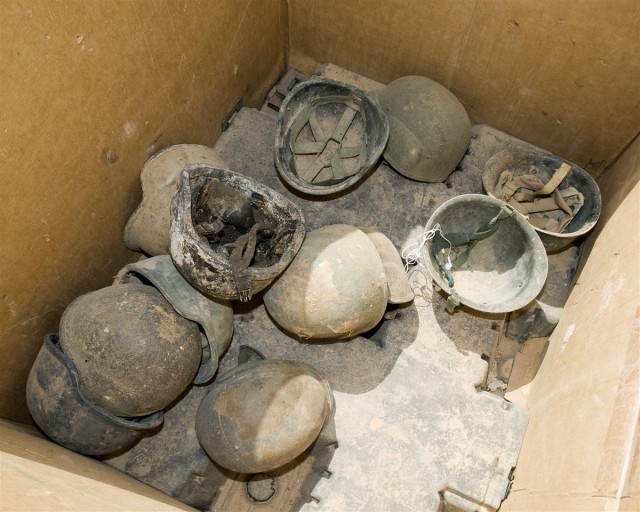
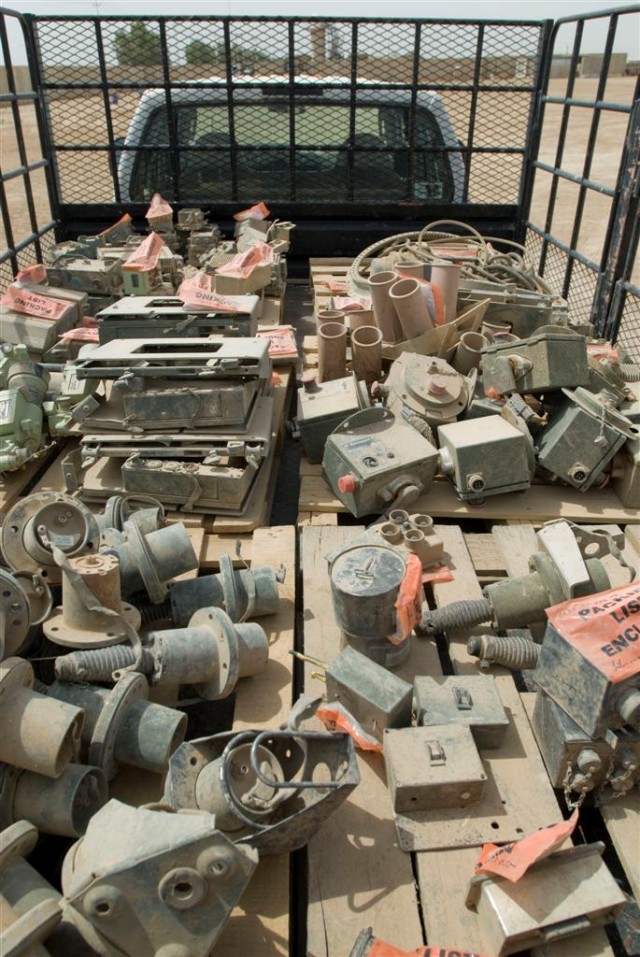
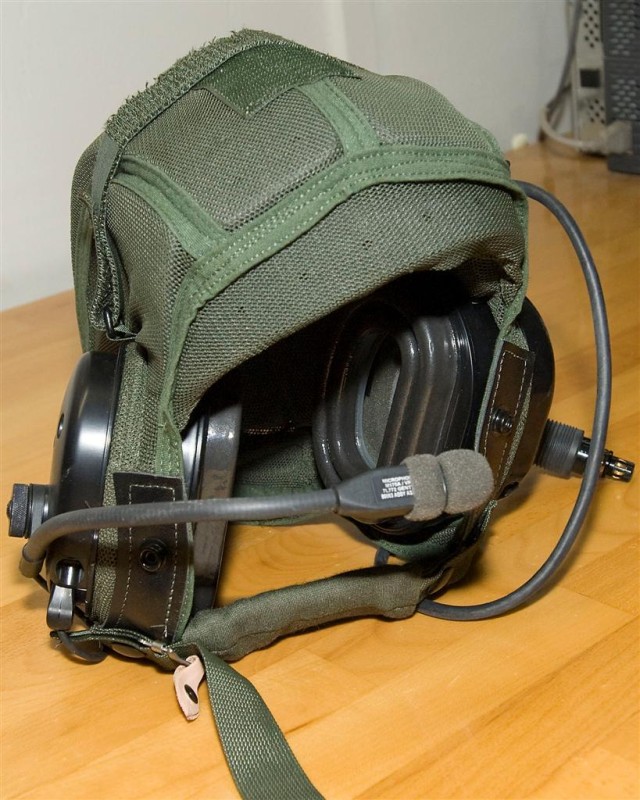
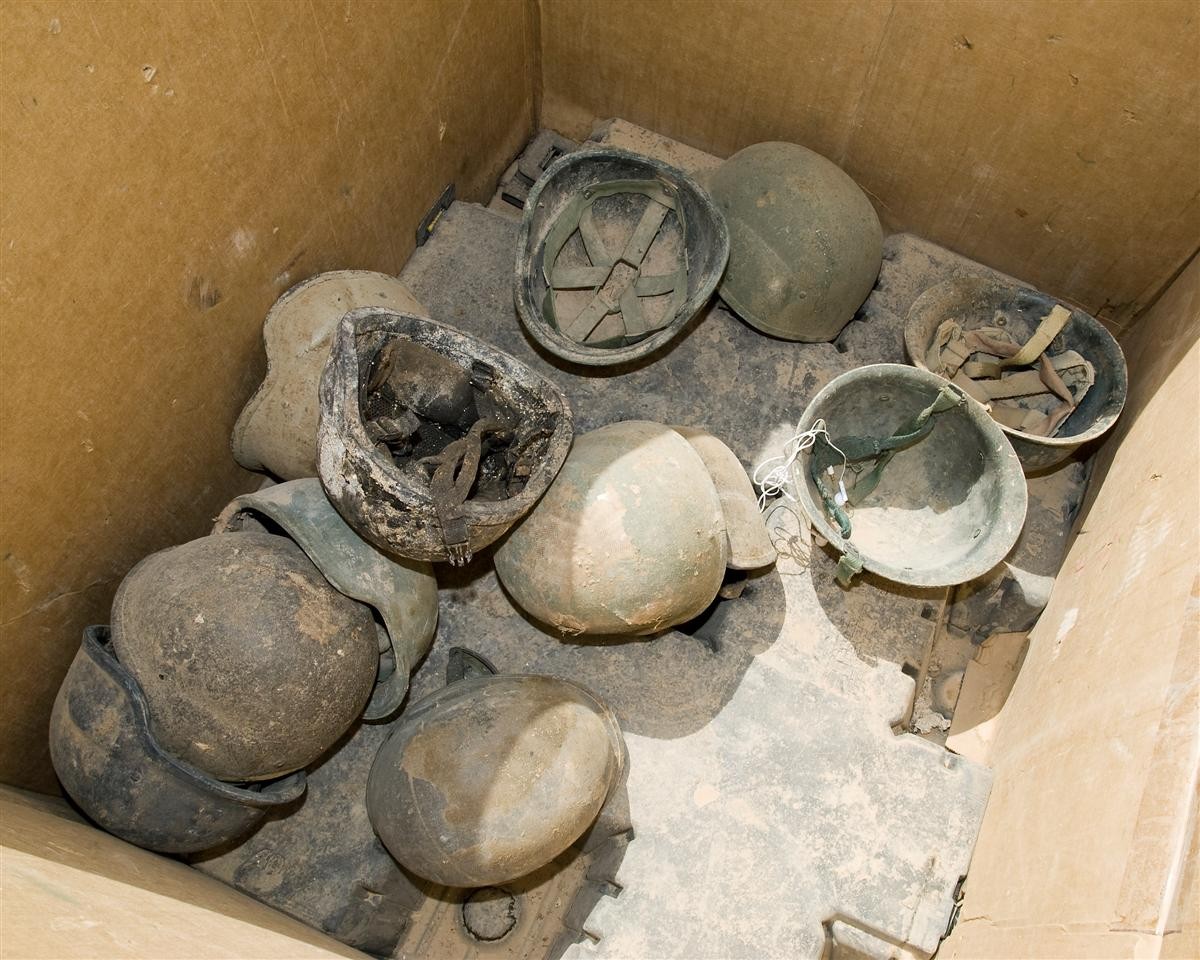
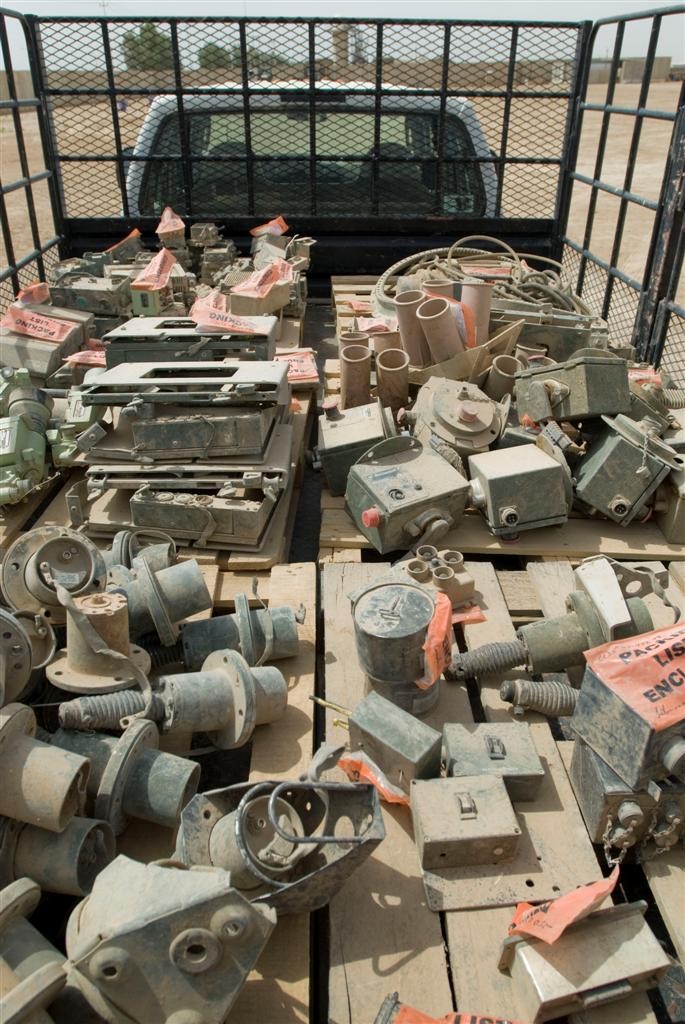
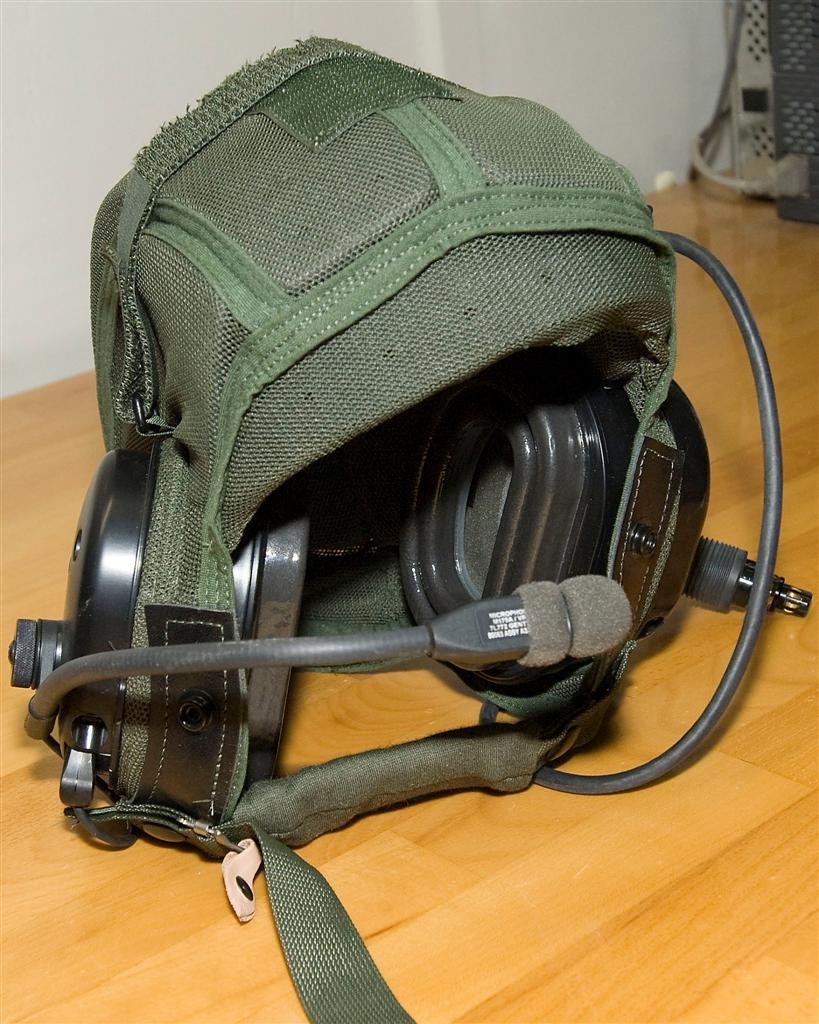
Social Sharing